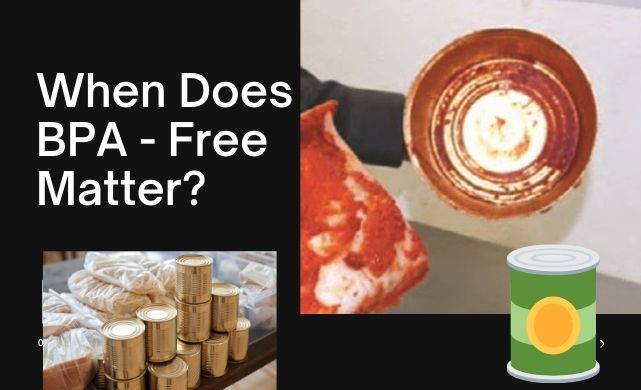When you're browsing through food containers from restaurant supply stores, you might often come across labels claiming 100% BPA Free or similar statements, and while this seems quite significant, it might not be as crucial as it appears at first glance. Let's begin by understanding what BPA actually means; it stands for bisphenol A, an industrial chemical that has been used since the 1950s to produce certain types of plastics and resins. BPA can typically be found in polycarbonate plastics and epoxy resins. Polycarbonate is commonly used in food and beverage containers like tumblers, serving dishes, and water bottles. You'll also encounter polycarbonate in various consumer goods. Epoxy resins are often used in the linings inside metal products such as food cans, bottle caps, and even water supply pipes. BPA can also show up in some dental sealants and composites. Research indicates that BPA can seep into food or drinks from containers made with BPA, and exposure to it is a concern due to potential adverse health effects on the brain and prostate gland of fetuses, infants, and children. It can also impact children's behavior. Furthermore, there's evidence suggesting a possible connection between BPA and increased blood pressure, type 2 diabetes, and cardiovascular diseases. Pregnant women and children are considered the most vulnerable to BPA exposure. It's worth noting that the U.S. Food and Drug Administration (FDA) has stated that BPA is safe at the very low levels found in some foods. This conclusion is based on reviews of numerous studies conducted by the FDA, who continue to monitor ongoing research. For those worried about BPA, like expectant mothers and parents of young kids, here are a few practical steps you can take: 1. Opt for BPA-free products. Many manufacturers now clearly label their items as BPA Free. For instance, our MyGo Containersâ„¢, made of polycarbonate, are 100% BPA free. Look for labels indicating BPA Free. Additionally, be aware that products without such labeling that carry a recycling code of 3 or 7 might contain BPA. 2. Avoid heating plastic containers. Never place plastic containers in the microwave or dishwasher as heat can accelerate material degradation over time, potentially causing BPA to leach into food. 3. Reduce your use of cans. Specifically, avoid canned foods, soups, or chilis. 4. Choose alternatives. Glass, porcelain, and stainless steel containers are excellent for food storage and do not have the BPA lining found in cans.

Keywords: BPA-Free
linear multihead weigher,linear weigher machine,linear weigher packing machine
FOSHAN HIGH-TECH MACHINERY EQUIPMENT CO., LTD , https://www.packingweigher.com




